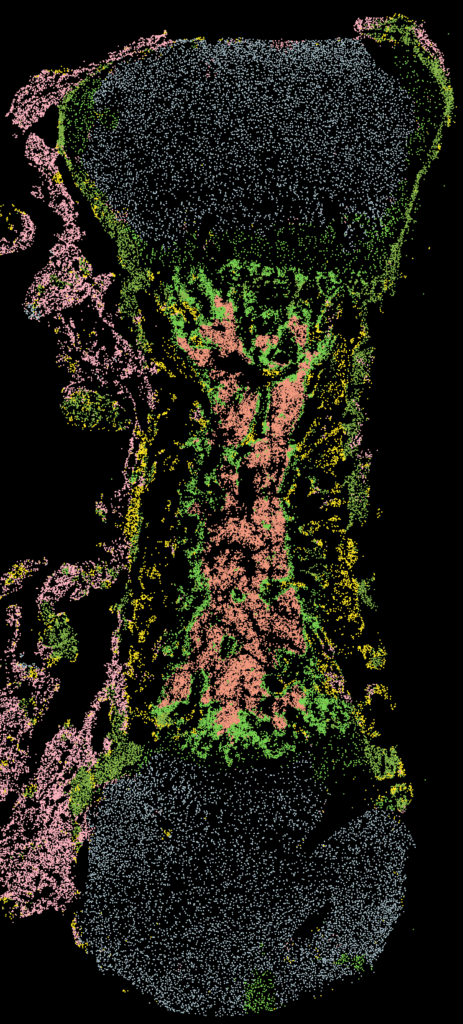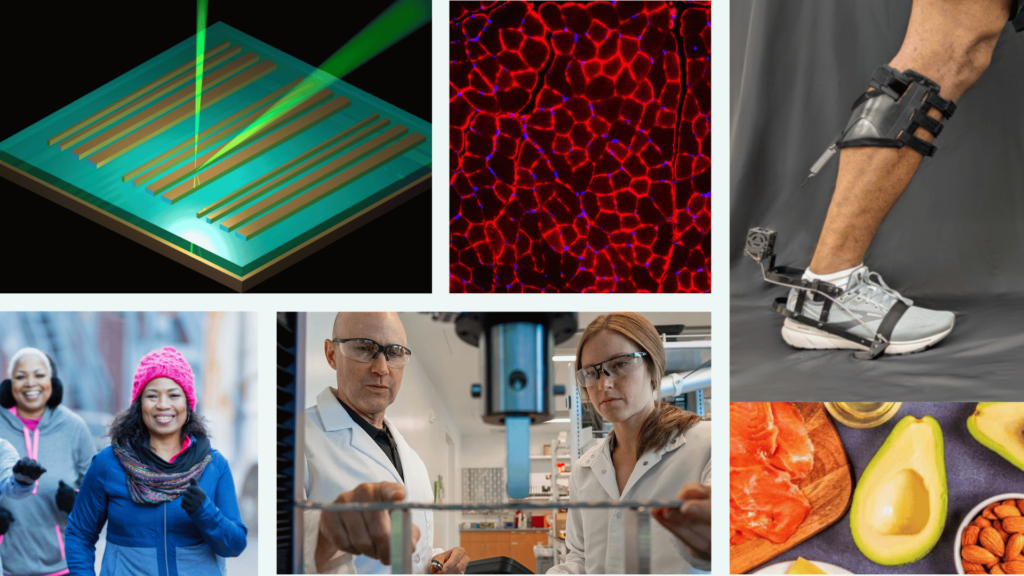New research partnership unites six leading academic institutions to transform the science of human performance and advance global human health
The Joe and Clara Tsai Foundation makes a $220M commitment to create the Wu Tsai Human Performance Alliance, to advance human well-being through the study of peak performance
Today, the Joe and Clara Tsai Foundation launched the Wu Tsai Human Performance Alliance, a first of its kind collaborative partnership that brings together six institutions, both private and public, to transform global human health through the discovery and translation of the biological principles underlying human performance.
With a $220M philanthropic investment from the Foundation, the Alliance will pursue a set of scientific “moonshots” to uncover the fundamental principles of human performance and pioneer new technologies to transform how people train, heal, and perform throughout the lifespan. The moonshots will be complemented by a set of innovation hubs focused on translating these findings into practice for athletes and all people. Agility projects will provide funding for newly emerging ideas to additional collaborators from multiple disciplines, institutions, and countries, creating a global collective effort to advance the science of human performance. Knowledge, tools, and know-how from this interdisciplinary research will be accessible to all.
“Scientific funding has traditionally been focused on the study of diseases,” said Clara Wu Tsai, founder of the Wu Tsai Human Performance Alliance. “We are taking the opposite approach and studying the human body at its healthiest and most vital, to enable the thriving of all people – from an Olympic Gold Medal-level athlete to a grandfather lacking the mobility to enjoy a full life.”
Each of the Alliance members – Stanford University; Boston Children’s Hospital, a Harvard Medical School Affiliate; University of California San Diego; University of Kansas; University of Oregon; and the Salk Institute for Biological Studies – will be focusing on the following initiatives:
- The Digital Athlete, based at Stanford, will create predictive computer models to guide training and treatment for athletes and help improve human health for all.
- Regenerative Rehabilitation, based at Oregon, will synergize regenerative therapies and rehabilitation protocols to restore function to damaged tissues and prevent injury.
- The Molecular Athlete, based at the Salk Institute, will map the molecules and gene expression of human performance to optimize training, healing, and recovery.
- The Multiscale Athlete, based at UC San Diego, will synthesize experimental measurements across multiple biological scales using computer modeling to predict molecular and cellular states of tissues and their effects on whole body performance.
- The Female Athlete Program, based at Boston Children’s Hospital, will focus on female-specific translational research to answer fundamental physiological questions important for improving the health and performance of girls and women.
- Innovation hubs at Boston Children’s Hospital, Kansas, Oregon, Stanford, and UC San Diego will translate the Alliance’s scientific discoveries into practice to help improve the training, care, and performance of athletes and people everywhere.
More than 200 million people in the United States fail to get enough physical activity to stay healthy, and millions more live with injuries that limit activity. Inactivity, preventable diseases, and treatable disabilities cost the U.S. economy close to a trillion dollars every year. The Alliance will leverage an untapped reservoir of knowledge through the application of science, technology, and analytical rigor to the study of athletic performance, injury prevention, and injury recovery throughout life. By comprehensively studying athletes of various ages, genders, ethnicities, abilities, and disciplines, the goal is to discover the biological principles that govern optimum performance, from the molecular level to the whole body.
Researchers across the Alliance are already advancing our knowledge of human performance, rejuvenation, and well-being. Recently, Alliance researchers discovered new methods to heal from an injury or surgery without scar tissue; found that data from smartwatches can flag early signs of health conditions and predict the results of blood tests; developed new tools to non-invasively measure muscle adaptions in injury recovery; and are combining computational and experimental approaches including novel implantable sensors to understand how to accelerate healing after bone injuries.
Scientists, clinicians, engineers, coaches, performers in all fields, and athletes from across the global community, are all welcome to participate in this interdisciplinary effort that will apply innovative technologies to advance the science of performance.
To educate, inspire, and ensure that scientific successes are freely accessible to the general public, scientifically validated information will be shared through symposia, podcasts, other multimedia platforms and events. Those interested in being involved in the research or staying up to date on advancements in the space can visit the Wu Tsai Human Performance Alliance website for more information.
Latest News

May 29, 2025
Is exercise before sleep linked with poorer sleep?

May 23, 2025
Skeletal stem cells key to stronger bones, better healing

March 13, 2025
Wu Tsai Human Performance Alliance Research Round-Up – March 2025
Get Engaged
Join our mailing list to receive the latest information and updates on the Wu Tsai Human Performance Alliance.
